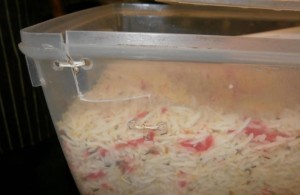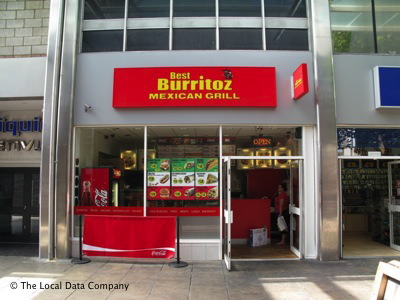An Indian restaurant owner will go before a judge for sentencing after he admitted eight breaches of hygiene at his restaurant and take-away kitchen – ten years after he was prosecuted for similar offences.
 Malik Bukhsh of Beatrice Street came before magistrates sitting in Swindon on Monday afternoon charged with eight contraventions of food safety and hygiene at the New Swindon Balti on Cricklade Road including a cooked rice container that was cracked and held together with string, a large box lined with newspaper containing cooked onion bhajis that had been left out overnight, a lack of formal cleaning procedures in place and storing raw and ready to eat foods in the same containers without disinfecting them in between uses.
Malik Bukhsh of Beatrice Street came before magistrates sitting in Swindon on Monday afternoon charged with eight contraventions of food safety and hygiene at the New Swindon Balti on Cricklade Road including a cooked rice container that was cracked and held together with string, a large box lined with newspaper containing cooked onion bhajis that had been left out overnight, a lack of formal cleaning procedures in place and storing raw and ready to eat foods in the same containers without disinfecting them in between uses.
The court heard that he received around 160 orders through the online takeaway website Just Eat every month, but for the year ending 2015 he only made a profit of a little over £4,000.
Mr Williams pointed out that the previous conviction in 2006 had arisen after Bukhsh had taken a rare holiday and left the business in a family member’s hands, and since then he had rarely taken holiday.

 fittings in contact with food were clean and in good working order to avoid risk of contamination.
fittings in contact with food were clean and in good working order to avoid risk of contamination.